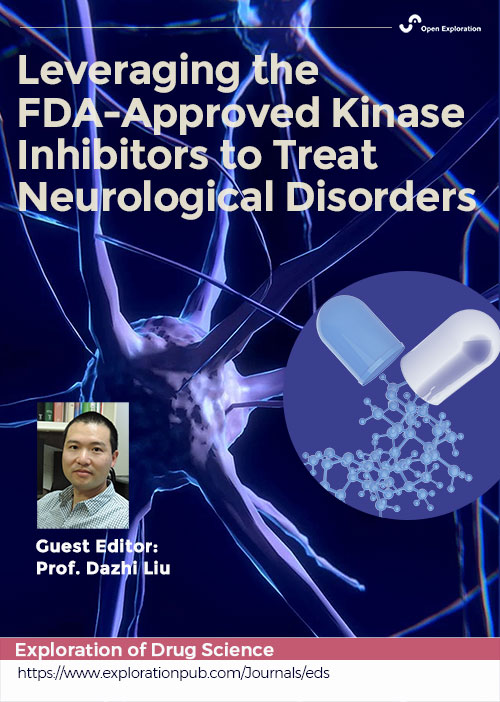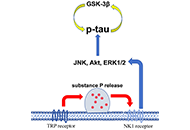
Leveraging the FDA-Approved Kinase Inhibitors to Treat Neurological Disorders
Guest Editor
Prof. Dazhi Liu E-Mail
School of Medicine, University of California Davis, Sacramento, CA, USA; Founder and President, Mirnova Therapeutics, Inc., Fairfield, NJ, USA
Research Keywords: cell cycle; tumor suppressor micoRNA; kinase/oncoprotein; brain trauma; post-traumatic stress
About the Special lssue
Cancers and neurological disorders are two major types of diseases. Although little progress in developing new drugs for the treatment of neurological disorders, impressive successes have been made in the cancer field over the past 20 years, resulting in numerous FDA-approved cancer therapies (e.g., kinase-targeted drugs, RNA interference, CAR T-cell therapy). Focusing on the kinase-targeted drugs, the US FDA has approved 121 kinase inhibitors mainly for cancer treatment by the end of 2023, with 43 approved in 2023 alone.
There is an emerging concept of “Aberrant Cell Cycle Disease” (ACCD), revealing that cancers and neurological disorders (including TBI) share the common mechanism of “aberrant cell cycle re-entry”, partially manifesting as kinase/oncoprotein activation in both tumor cell proliferation in cancers and neuron death in neurological disorders.
According to the ACCD concept, the kinase inhibitors may have great potential for neurological treatment. As per the FDA 505(b)(2) Regulatory Pathway that reduces need for safety and efficacy testing in humans, the repurposed candidate drugs for new indications may be able to get expedited FDA approval and therefore bypass some of the investigational new drug enabling studies and even phase I clinical trials. This would probably provide a considerable cost-efficiency pathway in development of new drugs for neurological treatment. Aside from the FDA-approved ones, kinase inhibitors in clinical trials are suitable for this Special Issue.
Keywords: Kinase, cell cycle, neuronal death, kinase inhibitors, neurological treatment
Published Articles

